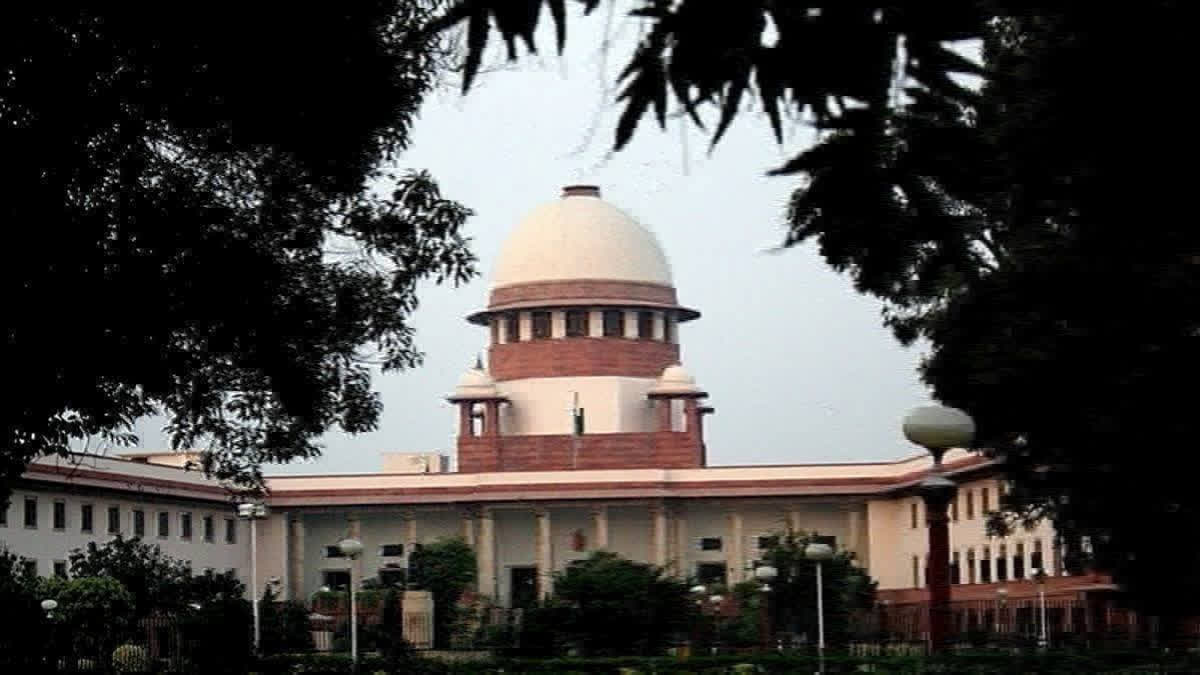New Delhi: The Supreme Court on Friday agreed to examine after a week, a plea seeking initiation of contempt proceedings against authorities in Sambhal, Uttar Pradesh, claiming violation of the court’s verdict in connection with the demolition of properties.
The matter came up for hearing before a bench comprising Justices B R Gavai and Augustine George Masih. A plea has been filed by Mohammed Ghayoor seeking the initiation of contempt proceedings against the concerned authorities in Sambhal. Ghayoor filed the plea through advocate Chand Qureshi.
During the hearing, a counsel, representing the petitioner, requested a short adjournment in the matter. The counsel submitted before the bench that the arguing counsel in the matter was in personal difficulty, and requested the court to schedule the matter for a hearing after a week. The apex court agreed to examine the matter after a week.
The petitioner, in his plea, alleged that there was a violation of the November 13 last year verdict of the apex court. The court, in its verdict, had laid down pan-India guidelines, saying that no property should be demolished without a prior show cause notice and the affected parties must be given 15 days to respond.
The petitioner claimed that the authorities bulldozed a part of his property on January 10-11 without giving any prior notice and opportunity to him or his family members. The petitioner claimed that his family is in possession of all necessary documents in connection with the property.
On November 13, the Supreme Court laid down comprehensive guidelines against arbitrary demolitions and, emphasising on the rule of law and following due process by authorities, saying that the chilling sight of bulldozers demolishing a building when the authorities have failed to follow the basic principles of natural justice reminds that might was right.
The apex court said if a citizen's property is demolished merely because he is an accused or even for that matter a convict that too without following the due process as prescribed by law, then it would be totally unconstitutional.



